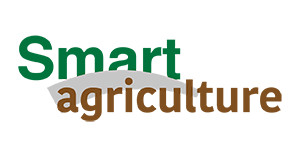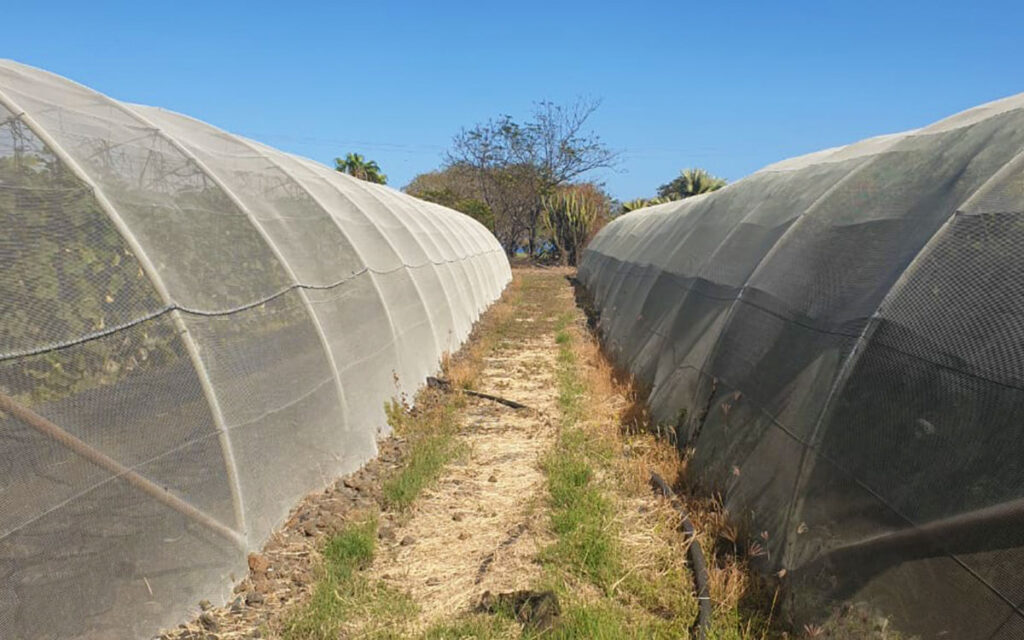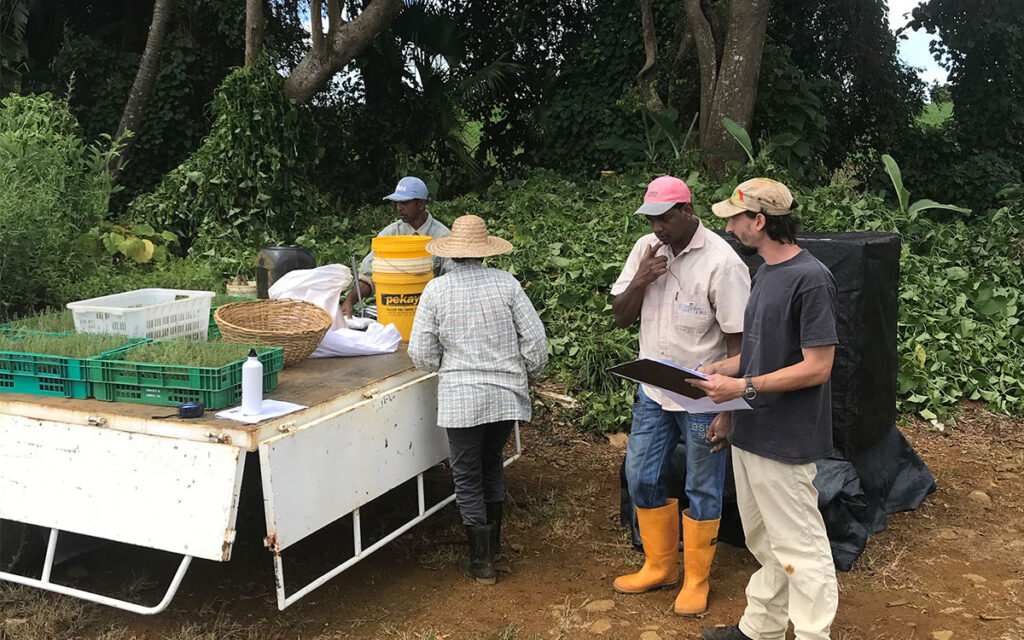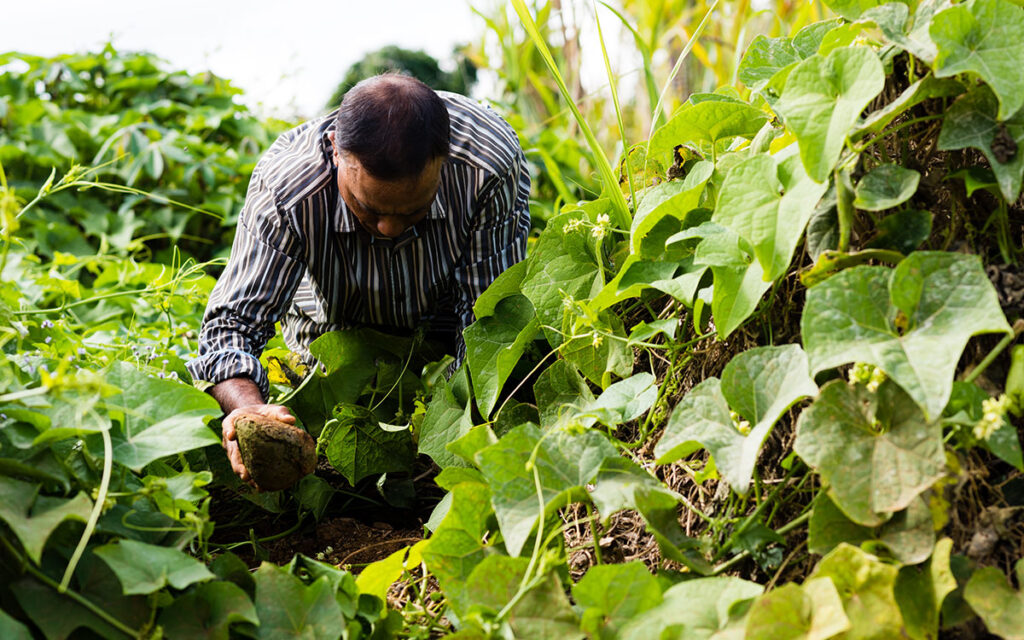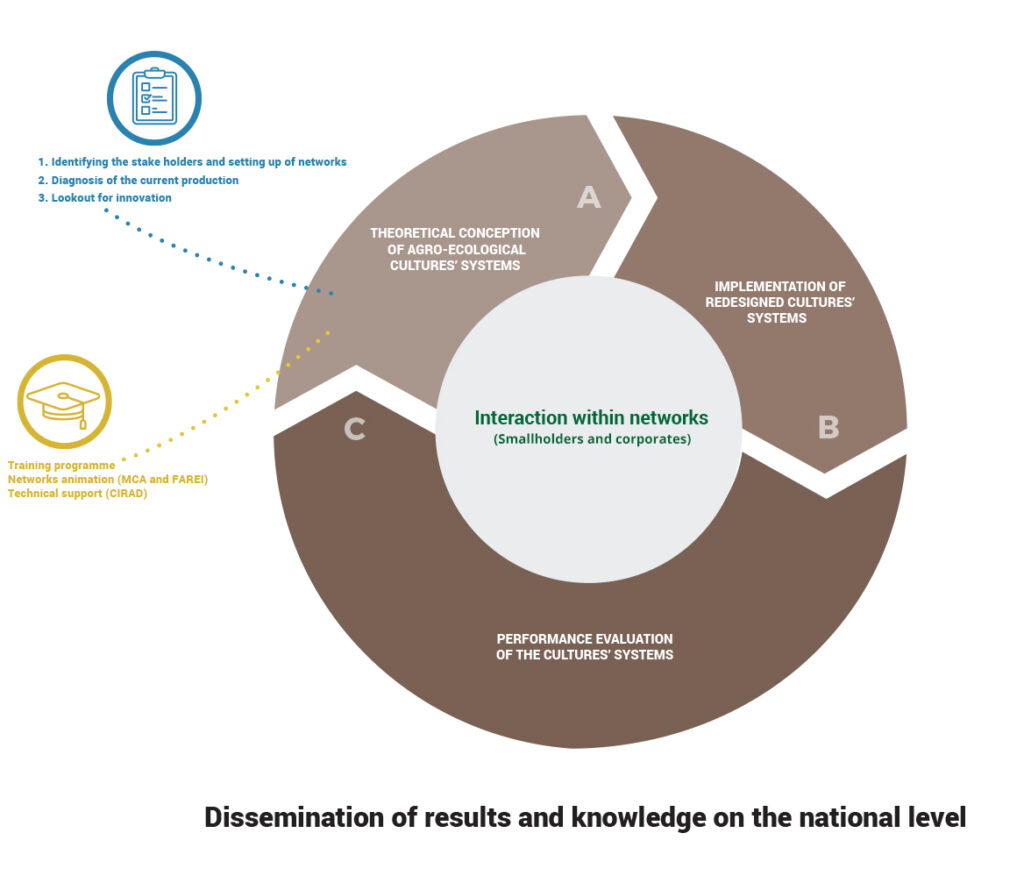Founded in 1853, Mauritius Chamber of Agriculture, a non-profit private association, is the oldest institution of the private sector and regroups agricultural farmers as well as other stakeholders of the sugar sector, other agricultural cultivations and other general agricultural related activities.
Vivéa Business Park
Block 18, Bâtiment 1827, St Pierre
Mauritius
admin@mcamu.org
Tel: (230) 432 1530 / 432 1535
Fax: (230) 432 1316
